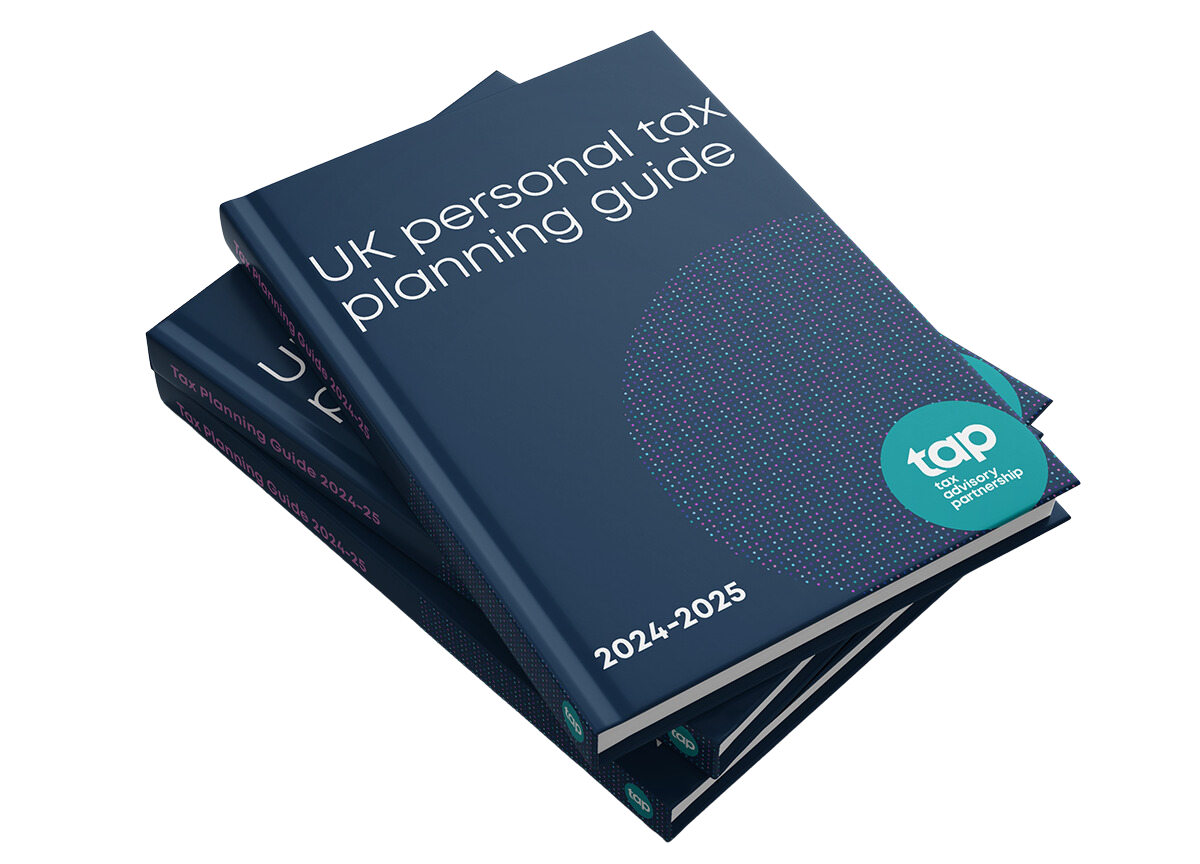What is a Trust?
Trusts come in many forms under English law and there are many more varieties of trust in other “common law” jurisdictions such as the US.
In general, they are primarily used for asset protection, succession planning, or in the US to get around the complexities of probate. Basically, they all tend to divide legal ownership of assets from the rights to benefit from the income or assets within the trust, with the trustees holding the assets for the benefit of the beneficiaries.
The concept of a trust doesn’t directly translate into “civil law” or Romano-Germanic legal systems but they do have some similar style arrangements, such as usufruct/usufruit or Stichting Foundation type arrangements whereby the legal ownership of assets and the beneficial entitlements to those assets/income streams are separated.
UK tax treatment of trusts
Historically in the UK, trusts, and especially “offshore” trusts provided tax saving opportunities, both for income and capital gains taxes and for inheritance tax protection.
Over recent decades there have been many changes to the law, which over time have materially changed the UK tax treatment of trusts, their settlors and beneficiaries. They are not always now an obvious option for tax planning purposes, but in the right circumstances can be part of the solution to your asset protection and succession planning options. Whilst they do bring tax benefits in the right circumstances, they can also bring complexity and, in some cases, even adverse tax consequences. The key is to understand whether such a structure is appropriate for you and your family.
Ultimately, whether the use of a trust (whether a UK based trust or one outside the UK) will depend upon your motivations, the personal circumstances of the settlor and beneficiaries and the jurisdiction in which you want to have your trust.
If you come from a civil law jurisdiction but are UK resident you may find that a usufruct/usufruit or Foundation needs to be understood from a UK tax perspective so that you can manage and report your tax appropriately in the UK.
Want to know more?
At TAP we have extensive experience advising clients on the set up of UK and non-UK trusts and their ongoing use when there are UK resident settlors or beneficiaries involved. We provide advice on the use of trusts and can help manage the compliance requirements that such trusts create.
Similarly, we have good familiarity with many overseas arrangements and can advise on how they will impact your UK tax position.
If you wish to discuss whether a trust can be of benefit to you or how an existing arrangement might impact your UK tax position, please contact us.
UK Private Clients Trust Team



.png)























.png)





%20(1).png)

















Download Your FREE Personal Tax Planning Guide
Our Clients Love us
Scroll through the testimonials from our clients.
Reach out to the UK Private Client Trusts Team
Complete the brief form below with details of your enquiry and a member of the team will be in touch as soon as possible.

